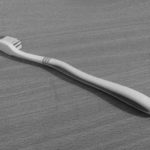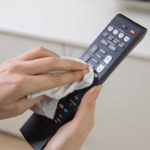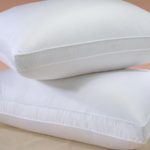Hygiene issues
During circulation, each banknote goes through the hands of many people, potentially carrying a large amount of harmful bacteria for health.
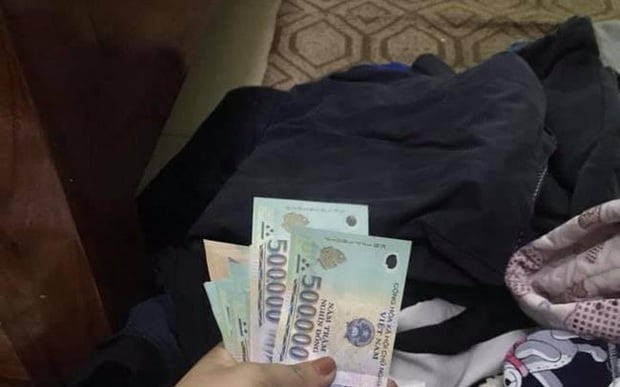
According to a study by the University of Oxford, England, the number of bacteria on each banknote can reach up to 40,000. A study by Hong Kong University also found an average of 178,000 bacteria on each paper bill. These bacteria are mainly transmitted through users touching their body wounds, rubbing their noses, or rubbing their eyes.
If these banknotes are placed in a sealed cabinet, the bacteria can easily transfer to clothes, thereby contaminating clothes and posing a health threat to humans.
Mold risk
In rainy season, the humidity in the house increases, and wooden products, including wardrobes, are prone to mold. In this environment, paper money is prone to moisture, sticking, discoloration, or mold, providing an ideal condition for bacteria and microorganisms to thrive.
Many people have the habit of putting their hands in their mouth to moisten the money. This behavior unknowingly brings the bacteria on the paper money into the mouth, which can be harmful to health.
Security and privacy risks
In general, wardrobes are not a safe storage place, even with locks, they are not as secure as professional safes. In case of theft, criminals can quickly break the lock of the wardrobe to steal the money inside. This is also the place that thieves often pay attention to first when breaking into a house.
In addition, storing money in a wardrobe also poses privacy risks. If someone else visits the house and knows about the presence of cash, it can cause unnecessary worries or conflicts. Worse, if this information is leaked to criminals, it can lead to crimes such as theft.
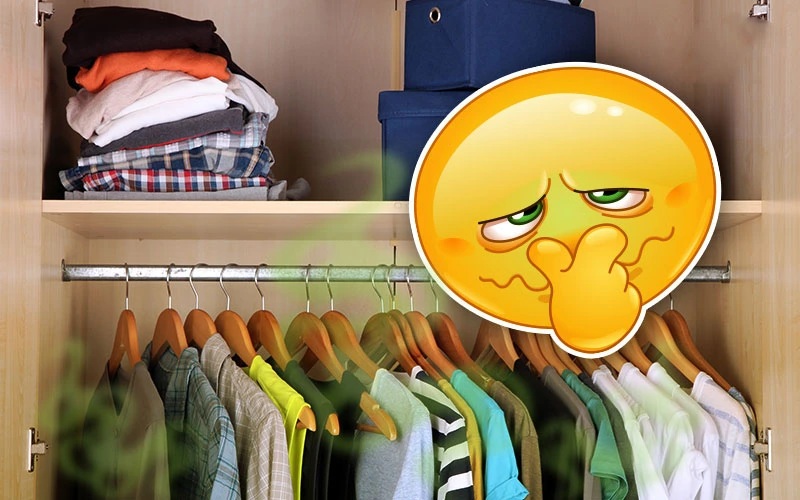
Proper money storage
When using currency, whether it is paper or polymer, it is advisable to keep the banknotes flat. When the banknotes are crumpled, they will not only deteriorate faster, but also reduce their aesthetic value. In fact, many people still have the habit of folding or rolling the banknotes when holding them in their hands or keeping them in their wallets; this is one of the reasons why the quality of banknotes in circulation decreases rapidly.
In the case of crumpled polymer banknotes, they can be flattened by laying them flat and gently pressing them with common objects, such as thick books… for a period of time. Note that do not use an iron to flatten them, even if it’s covered with a layer of paper or fabric, because the heat of the iron will deform the banknotes and make them unusable.
Therefore, in money storage, it is important to note: Do not place banknotes near fire or high heat sources; do not use heat to dry banknotes, as this will damage the banknotes and render them unusable.
8 Common Mistakes People Make with Cutting Boards
Are you using your cutting board correctly? Many Vietnamese households rely on cutting boards in their kitchen, but not everyone knows how to use them properly, especially when it comes to wooden cutting boards. Check out these 8 mistakes to avoid when using a cutting board to ensure both hygiene and safety for everyone in your family.
























